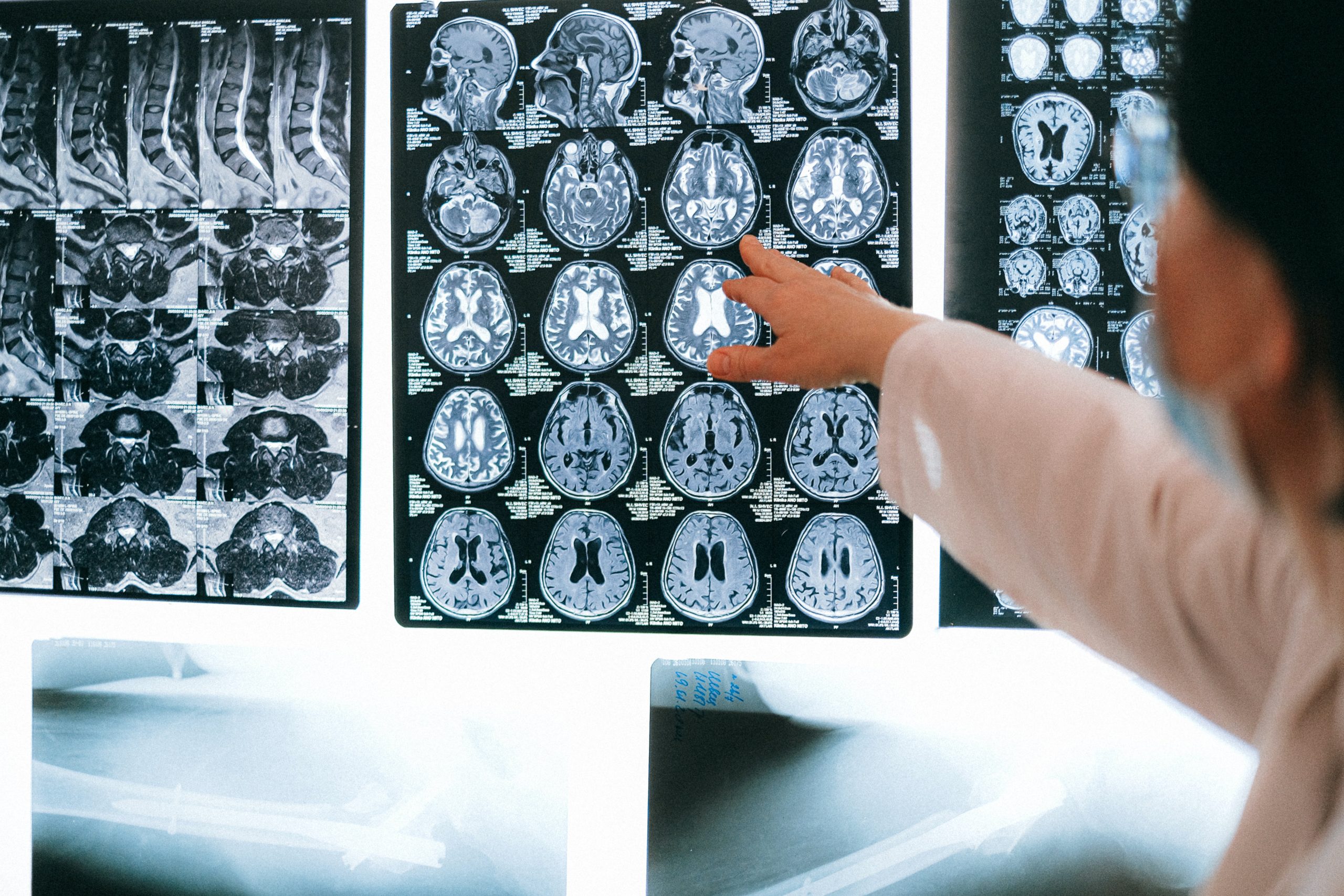When you learn of a new diagnosis of Attention-Deficit/Hyperactivity Disorder (ADHD), you may wonder where it came from or why it affects you or your child. Like most conditions from the DSM-5, the exact cause of ADHD is unknown. The most likely explanation involves heredity, as it is very common to see a child diagnosed who also has a family member with ADHD. In fact, approximately 25-50% of children with ADHD have a parent with ADHD, and 20-45% have a sibling with the diagnosis. With this link in heritability, scientists have explored possible genes that may be linked with ADHD. However, there does not appear to be a single gene responsible, but there have been several that are believed to play a role. Similarly, studies have examined brain differences between those with ADHD and those without, and there are not consistent findings. Overall, there appear to be various areas of the brain that show differences in certain samples of individuals with ADHD, but nothing definitive has been determined.
Lifestyle and environmental factors are also thought to play a role in ADHD, particularly those that occur during gestation and early childhood. Some studies have shown a link between ADHD and smoking during pregnancy, having a premature birth and low birth weight, exposure to certain chemicals and medications during pregnancy, and excessive weight gain during pregnancy. During childhood, exposure to lead, domestic violence, head injuries, and other trauma can be linked to ADHD. Regardless of the “cause,” ADHD can play a significant role in one’s life and should be given the same attention as one would with other medical conditions.






